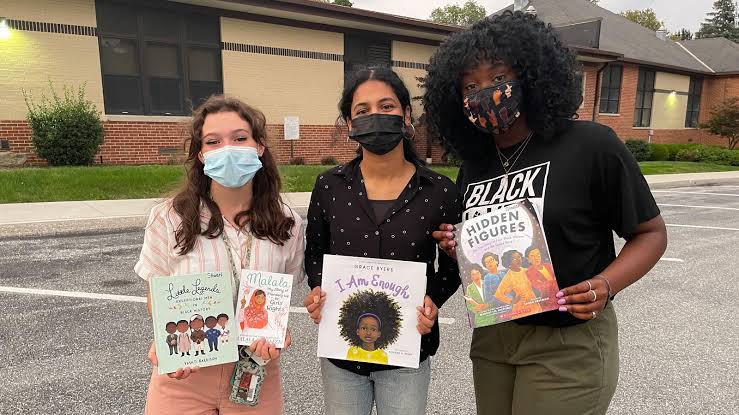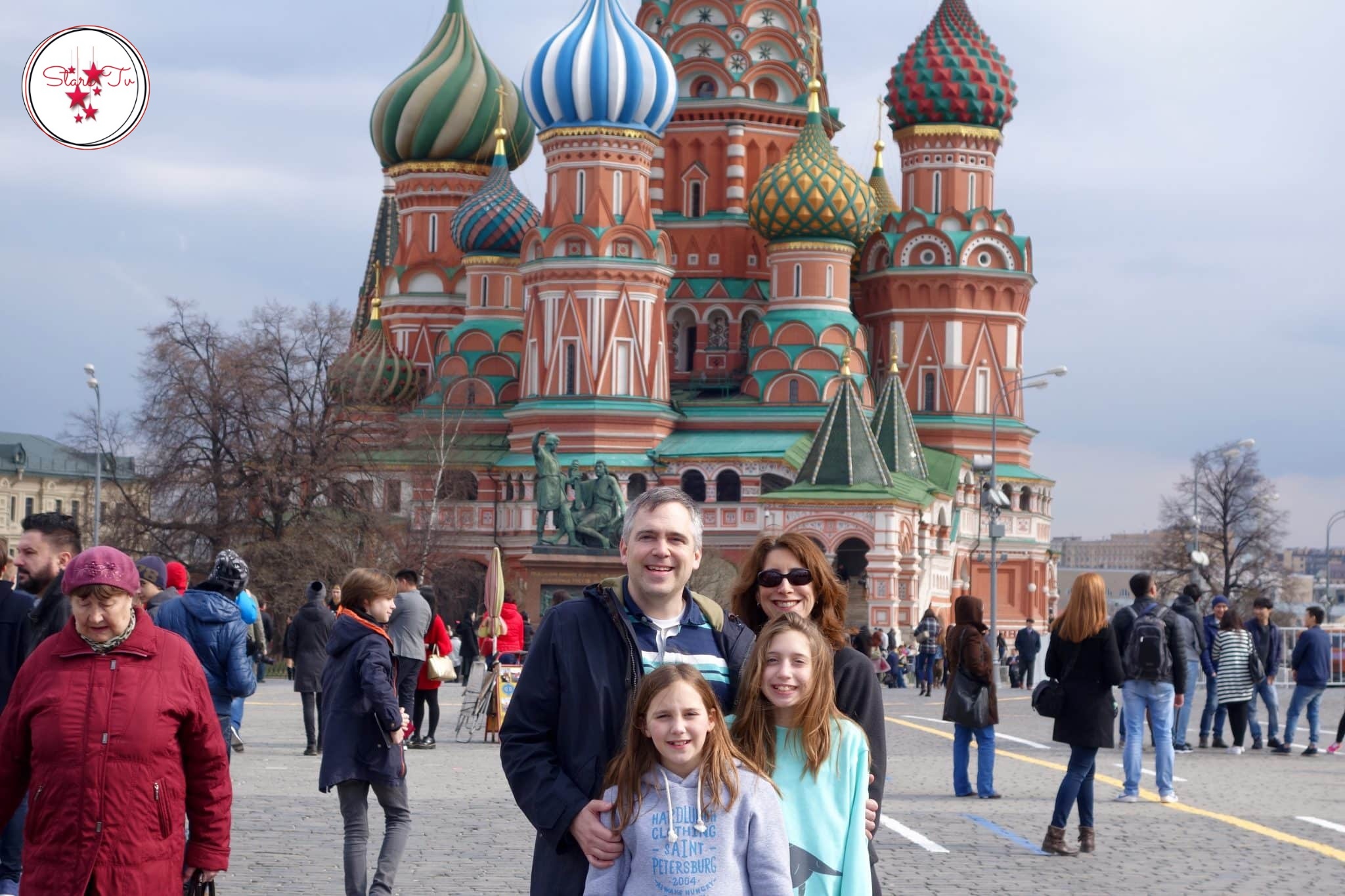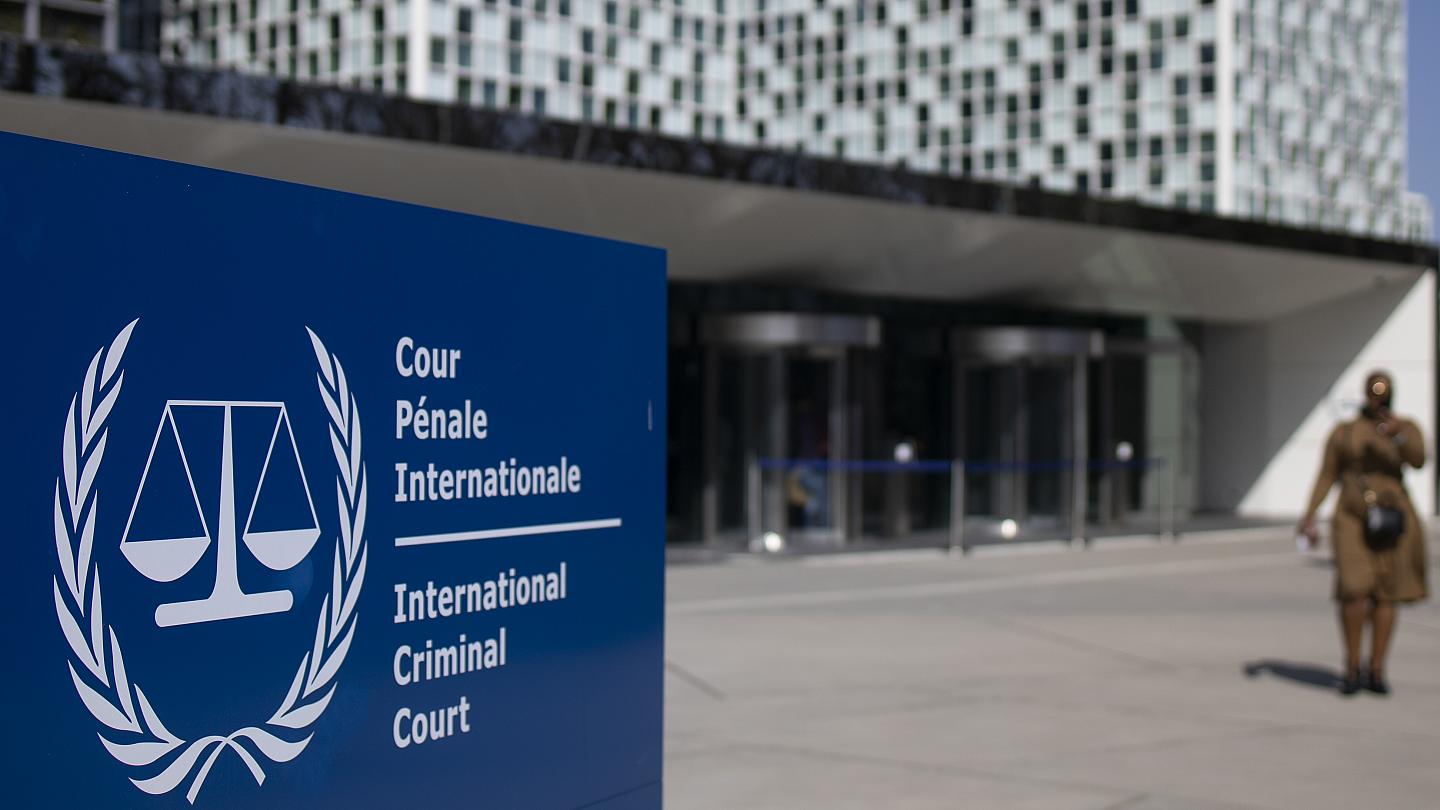In The United States, There Is A Struggle Raging About Whether Or Not Books Should Be Banned In Classrooms
Public school administrators and instructors across the United States are battling with issues relating to the types of books utilized in their classes and available in their libraries. A growing number of parents claim the content is vulgar or otherwise detrimental to their children.
The attempt, according to free-speech campaigners, is modern-day censorship aimed at silencing the voices of the underprivileged and impoverished. It's causing a growing political schism that could spill over into forthcoming national elections.
Yael Levin-Sheldon, a mother of two who lives in Richmond, Virginia, recently learned of a book brought into the classroom by a local teacher. She took down the title, The Black Friend: On Becoming a Better white Person.
Levin claims that the title alone is racist, and that it is not the type of book that should be available to students in public schools.
"Now imagine that as 'on becoming a better black person,'" she explained. "Would that be acceptable?"
Levin-Sheldon is the head of the Virginia branch of the conservative parents' rights organization No Left Turn in Education. Her group publishes a list of publications that it claims are "used to disseminate radical and racist views to students" and "split us as a people for the purpose of indoctrinating children with a hazardous ideology."
The Handmaid's Tale by Margaret Atwood and White Fragility by Robin Diangelo are among the books on the list. Frederick Joseph's memoir The Black Friend, a New York Times best-seller, recounts his struggles as a black student in a predominantly white high school.
As a response to the Black Lives Matter protests of 2020 and educational efforts to address concerns about persisting racism in the US, books like Joseph's, which offer critical perspectives on themes like US history and race, have earned increased significance in school curriculum and library collections. The book No Left Turn argues that the works should be taught alongside other literature that offer a different (and presumably more favorable) perspective on America's past. Furthermore, Levin-Sheldon believes that parents should have the option of opting out of certain teachings.
However, other books, particularly those that deal with human sexuality in great depth, should be considered.


.jpeg)




.jpeg)


